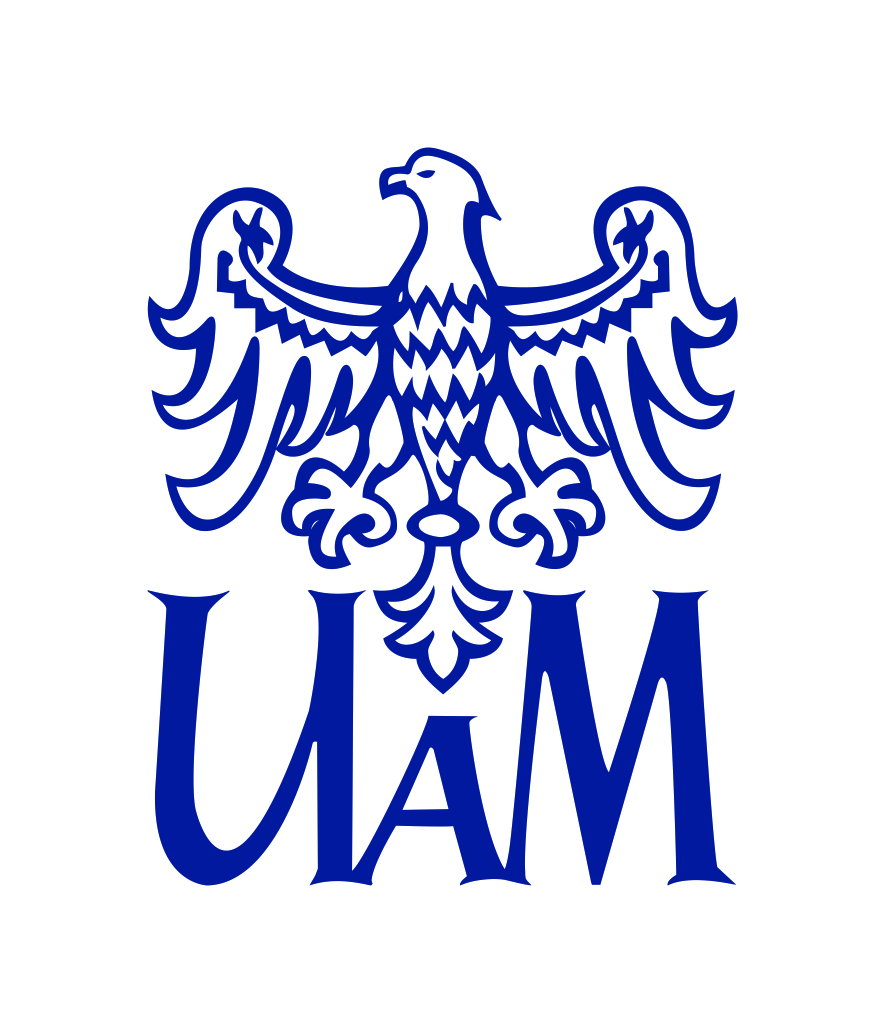Do you want to join us?
21.10.2025
SCHOLARSHIP FOR MSc STUDENT
in a research project of National Science Centre focused on
molecular biology of bacterial regulatory RNA
We are looking for an independent, accurate and diligent person to complete an MSc thesis within a research project of the National Science Centre.
Research topic:
Ribonucleic acid (RNA) molecules play immensely important and diverse roles at many stages of gene expression in all living organisms. RNA-related mechanisms are also responsible for pathogenesis of human diseases, and RNA molecules are used in therapeutic strategies. The role of small RNAs and assisting chaperone proteins in Gram-negative bacteria is well known. However, in Gram-positive bacteria, these processes are less well understood. Recent studies have shown that Streptococcus pneumoniae bacteria, which cause upper respiratory tract infections, contain the chaperone proteins KhpA and KhpB. These proteins recognize numerous RNA molecules, meaning they may act as global regulators of gene expression. Furthermore, they are essential for the proper cell division of these bacteria, a process that is an important target for antibiotics.
Aim of the MSc thesis:
The aim of this master’s thesis is to determine whether KhpA and KhpB proteins must associate together before they can recognize a regulatory RNA molecule. This is important for understanding their mode of action. The MSc project will involve introducing mutations into proteins, obtaining RNA molecules, analyzing interactions between proteins and fluorescent RNAs, and predicting the structures of proteins and RNAs and their interactions.
Scholarship:
Scholarship is 1 500 PLN monthly, for 20 months.
How to apply?
To apply, please, send your curriculum vitae and a list of grades in BSc studies to mol@amu.edu.pl by October 23rd. The results are expected to be announced by October 29th, 2025. If you have any questions, it is best to stop by to talk (room 1.121 at the Institute of Molecular Biology and Biotechnology, Prof. Mikołaj Olejniczak) or send an email. Your application should include a statement of consent to the processing of personal data.
Additional information:
Additional information can be found on the webpage of Laboratory of RNA Biochemistry (https://zakbioch.web.amu.edu.pl/) and in the announcement on the webpage of the National Science Centre (https://www2.ncn.gov.pl/baza-ofert/?akcja=wyswietl&id=230124).
